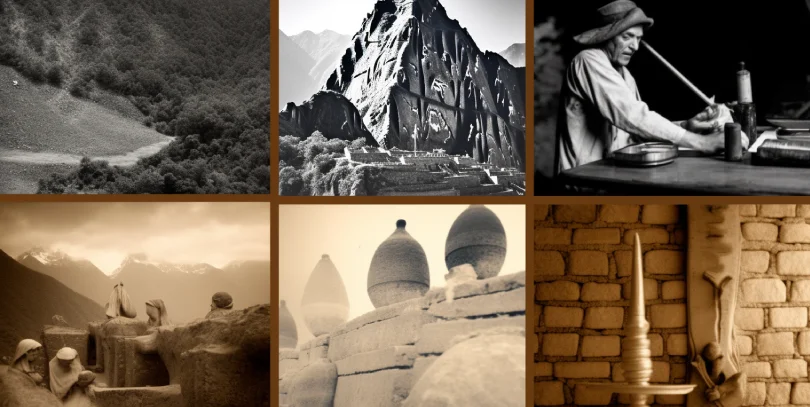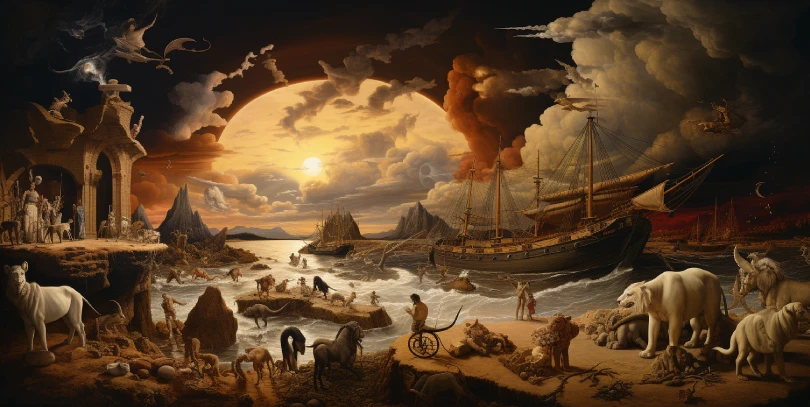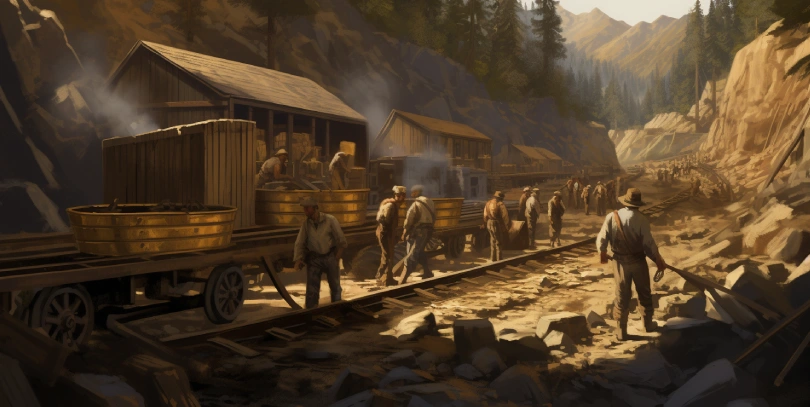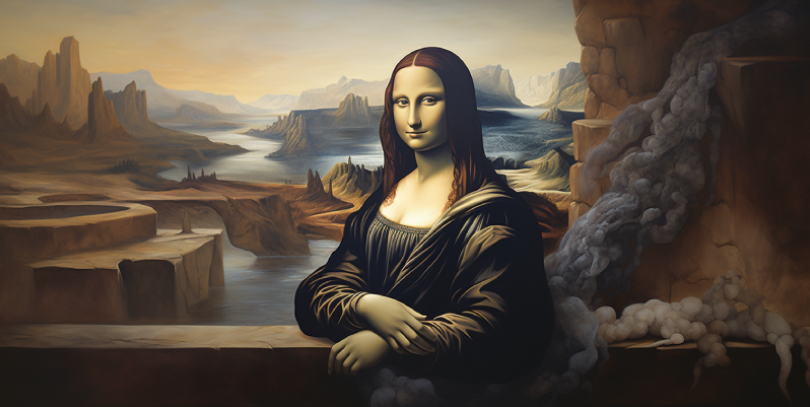The history of ancient civilizations is a fascinating journey full of incredible surprises and mysteries yet to be solved. The revelations that have been discovered in recent years are astounding, and the facts prove once and for all that some of the most incredible achievements of these peoples were indeed possible.
Here are just a few of the most amazing discoveries made about ancient civilizations, many of which will amaze you.
The ancient Egyptians developed surgery and pharmacology
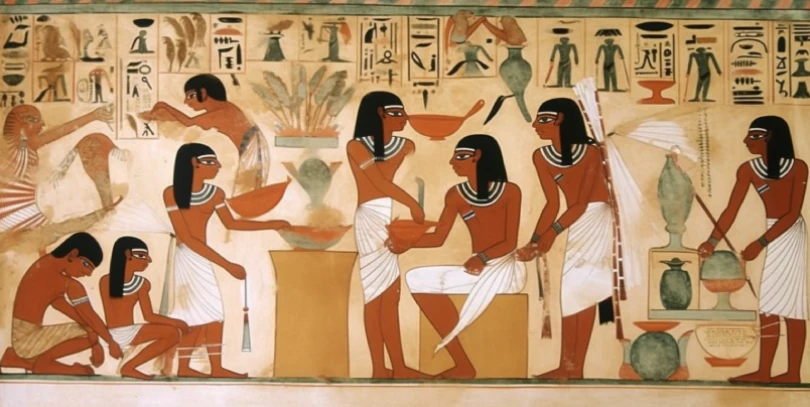
The ancient Egyptians were highly advanced in the field of medicine and made significant contributions to the development of surgery and pharmacology. Their surgical techniques were highly advanced for their time, with evidence suggesting that they performed complex procedures such as brain surgery and amputations. Additionally, the ancient Egyptians were skilled pharmacologists, utilizing a wide range of natural remedies and plant-based medicines to treat a variety of ailments. Their medical knowledge was passed down through generations of physicians and healers, and continues to influence modern medicine today.
The Maya were highly skilled astronomers
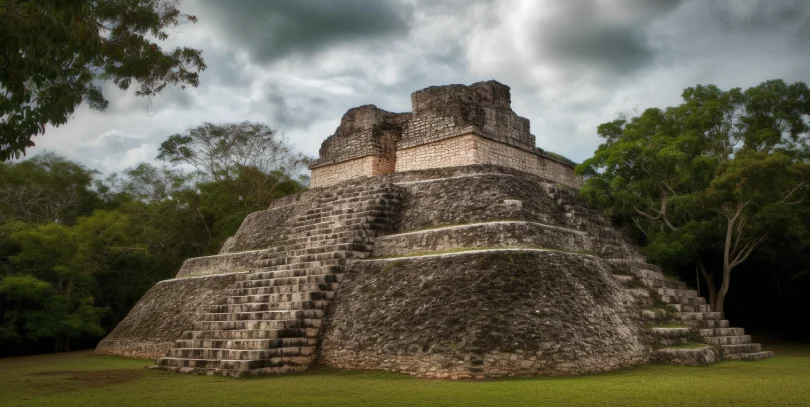
The Maya’s advanced astronomical knowledge has long been admired and studied by modern scientists, but its extent was unknown until recent research has shown how knowledgeable they really were. Using only naked-eye observations, Mayan astronomers compiled detailed calendars that accurately predicted eclipses centuries in advance with astounding accuracy – even better than modern computers!
The Incas built Machu Picchu without wheels
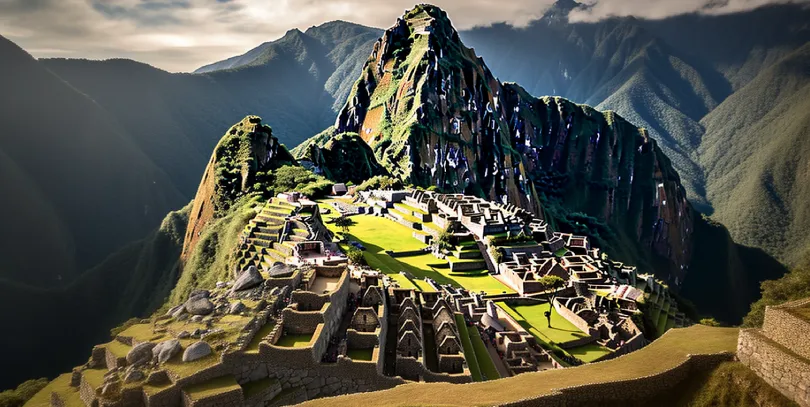
Most people can’t imagine how a civilization could have built something as complex as Machu Picchu without access to wheels or modern engineering technology – but archaeologists believe that’s exactly what happened to the Incas around 1450 AD! They are believed to have used coordinated teams of men to move huge rocks down steep mountainsides using wooden levers and simple pulley systems-an engineering feat almost unimaginable today!
The Babylonians were proficient in mathematics
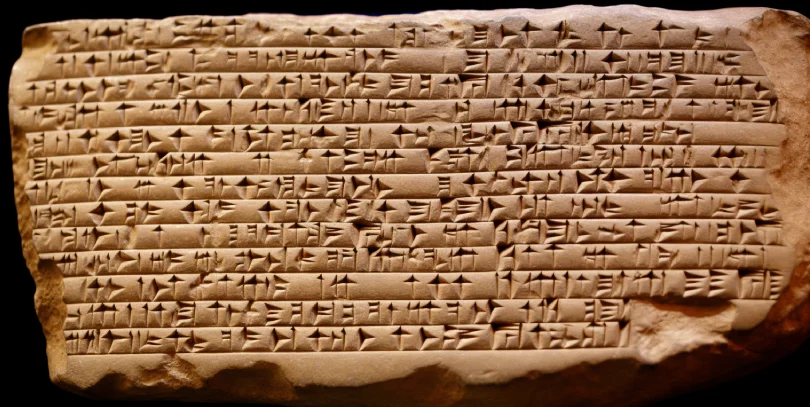
Another great achievement discovered by historians has been the proof that the ancient Babylonians possessed a vast knowledge of mathematics, far superior to that which had previously been assumed or could be explained simply by guesswork or trial and error experiments. In addition to calculations for predicting future events, such as lunar eclipses, Babylonian mathematicians also created an algebraic language containing basic equations nearly 2,000 years before their time!
The Chinese invented gunpowder

In the 5th century AD, Chinese alchemists invented gunpowder, which allowed them to create weapons such as cannons and rockets, far ahead of their Western counterparts, who did not start creating similar technology until the 13th century AD!
The ancient Egyptians built the “Great Pyramid of Giza”
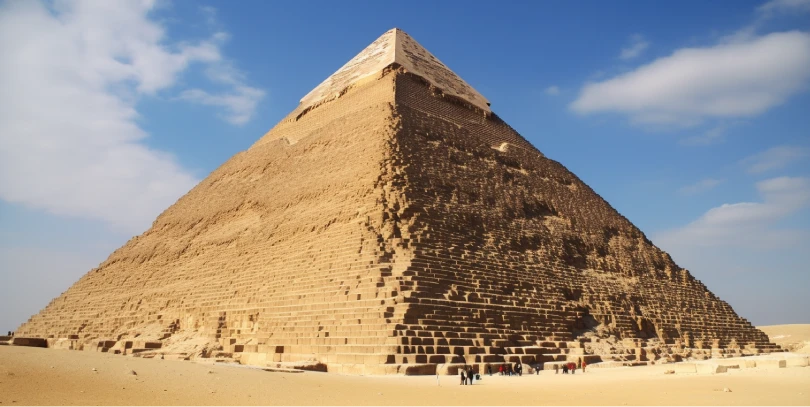
The most impressive and mysterious achievement of ancient civilizations is the construction of the iconic Great Pyramid of Giza in Egypt around 2560 BC. This massive structure, over 146 meters tall, remains a marvel to this day. Although its purpose is still controversial among scholars, it is believed to have served as a tomb for Pharaoh Khufu. Approximately 2.3 million blocks of limestone and granite were used to build the structure, some of which weighed up to 15 tons!
The Greeks developed elaborate aqueducts
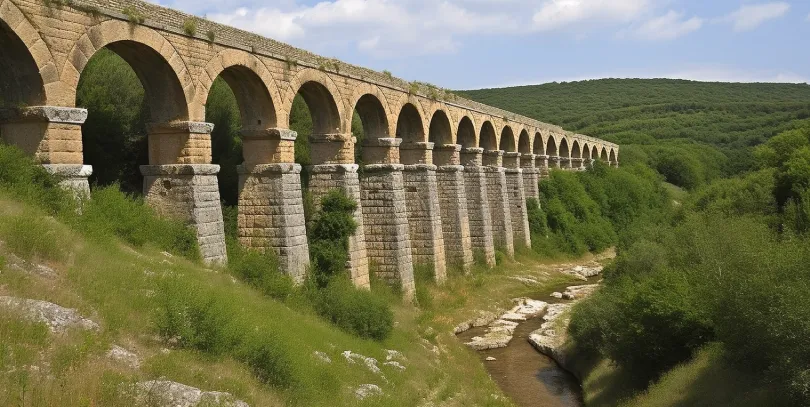
Ancient Greek cities used aqueducts of sturdy stone structures to provide residents with the water they needed for drinking, cooking, and cleaning. These complex systems were built with advanced engineering technology, including pipes, pumps, and valves, which allowed large volumes of water to be moved over vast distances with minimal energy – centuries before electricity was invented!
The Romans created an elaborate network of roads
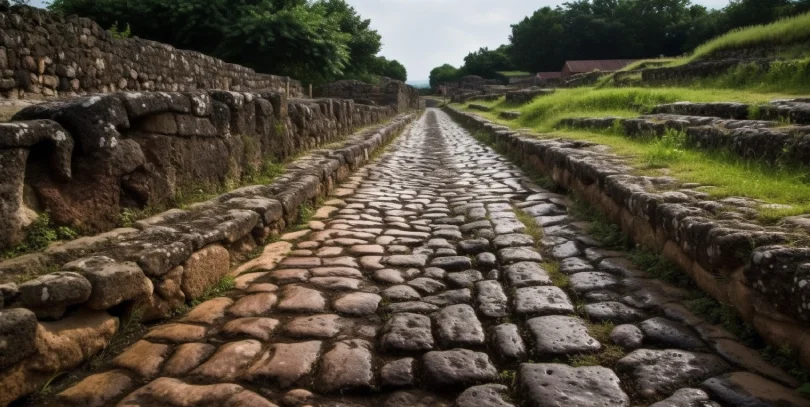
One of Rome’s greatest achievements was the creation of an extensive network of roads connecting the remote regions of the empire. Not only did these roads make it easier and faster for people to move around, they also provided access to resources faster than ever before, allowing Roman soldiers and traders to extend their influence far beyond what was considered possible for an ancient civilization.
The Aztecs built floating gardens
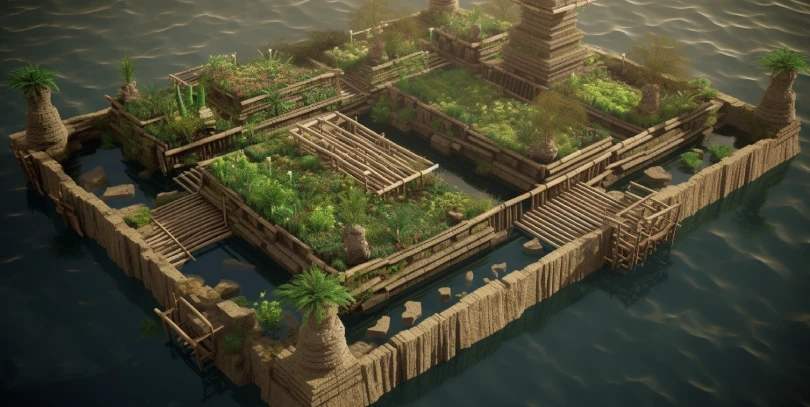
In the late 1400s, the Aztecs in what is now Mexico created floating gardens called chinampas, which were artificial islands of soil and vegetation used to grow crops on upper bodies of water such as rivers or lakes. This ingenious method allowed farmers to greatly increase yields while minimizing soil erosion caused by over-cultivation of dry land nearby-an impressive feat even by today’s standards!
The Incas developed advanced irrigation systems
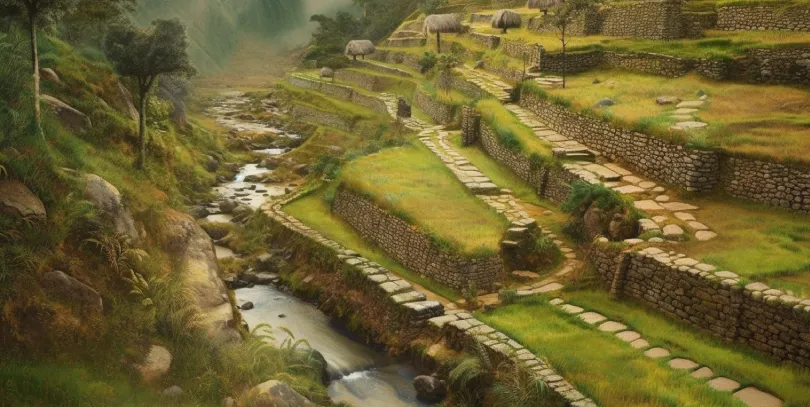
Although many ancient civilizations cultivated small methods of water management, such as waterholes or canals, nothing could compare to the grandiose system developed by Inca engineers in South America in the mid-15th century CE; using terrace walls carved into the mountainsides, they were able to transport vast amounts of water over vast distances while conserving resources-an excellent example of sustainable agriculture even today!
The Maya developed an advanced calendar system
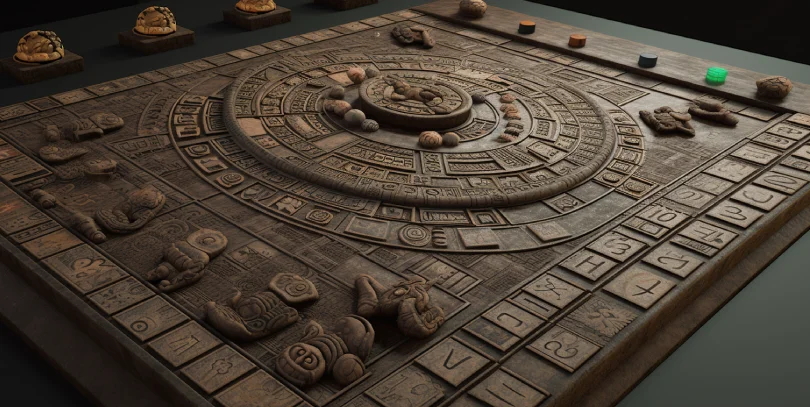
The ancient Mayan civilization was famous for its sophisticated and advanced calendar system, which allowed them to pinpoint time. This system used a combination of three separate calendars: the Long Count Calendar, the Tzolkin Calendar, and the Haab Calendar, each of which served a different purpose, such as keeping track of days, weeks, and periods of 260 days respectively. This system was so accurate that it allowed us to track time down to a single day with remarkable accuracy!
Native Americans developed pottery
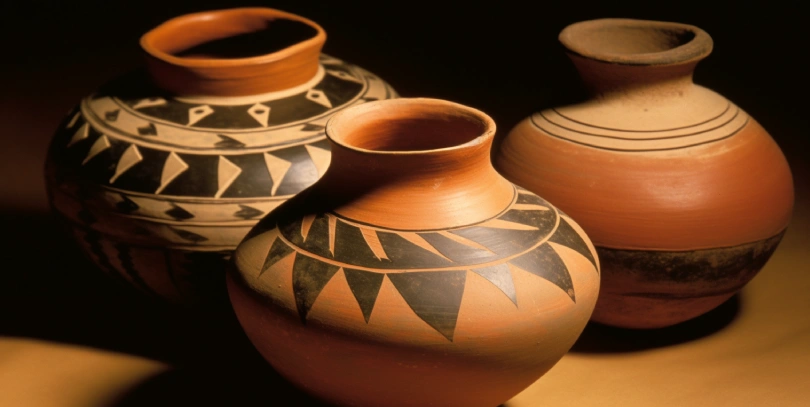
For centuries, Native Americans in what is now known as North America have used pottery for both utilitarian and artistic purposes. These vessels were created from clay or stone and were often decorated with designs or symbols that had spiritual significance to their respective tribes. They were also incredibly durable, allowing them to persist for centuries even after the tribes had disappeared from the area!
The ancient Sumerians invented writing
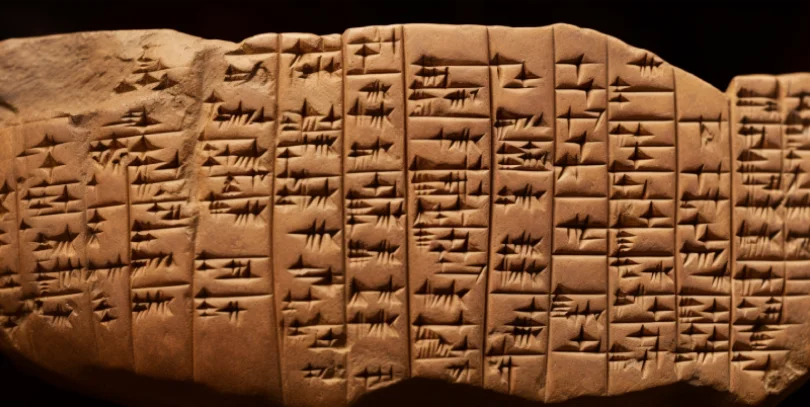
One of the most significant achievements of Sumer was the invention of writing during the Bronze Age in 3500 BC. This writing, called cuneiform, allowed them to store information on clay tablets and create some of the earliest examples of literature. They also developed advanced mathematics that included equations describing cubic roots and other complex calculations far beyond what was thought possible at the time!
The Babylonians invented astronomy
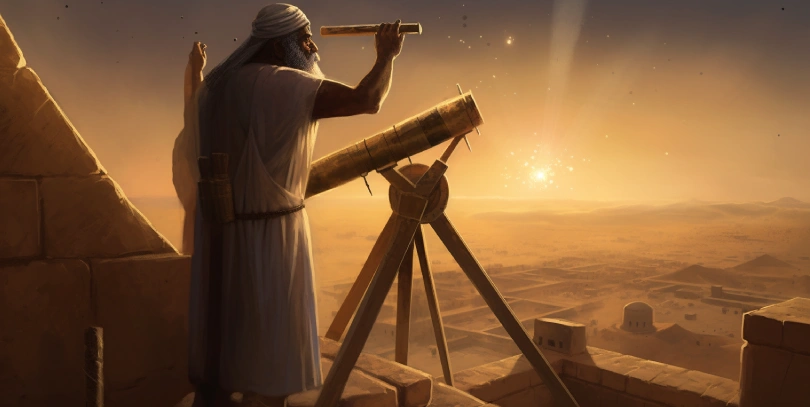
Ancient Babylonian astronomers were responsible for many important advances in astronomy during their reign from 1800-1600 B.C., including early theories about how stars move through space and how eclipses occur because of the positions of celestial bodies relative to one another. They were also able to accurately predict lunar eclipses, which allowed them to establish a 365-day calendar used later by many civilizations, including Rome and Greece!
The Architecture of the Mesopotamian Cultures
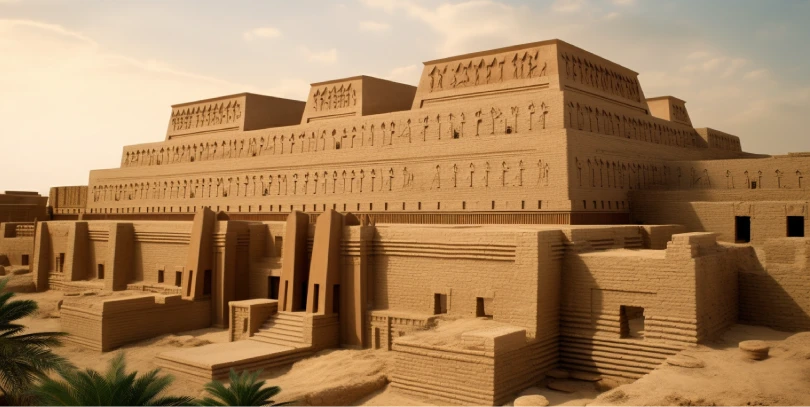
During their existence between 3000 BC and 500 AD, Mesopotamian cultures created some of the earliest examples of large-scale architecture, including ziggurats (stepped pyramids), temples dedicated to various gods/goddesses, palaces, fortifications, and more! This required not only extensive engineering knowledge but also organizational skills, as these projects required enormous amounts of resources such as manpower and materials to successfully complete!
